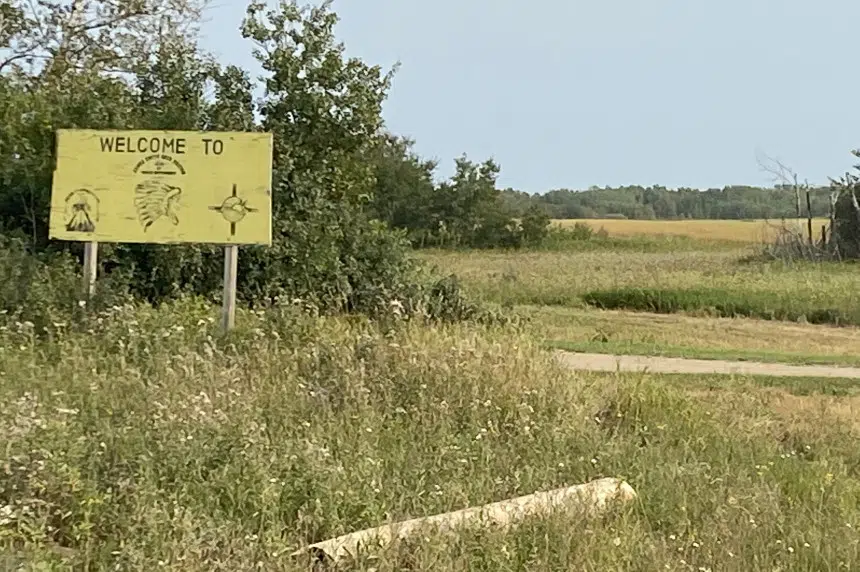The possibility of all-Indigenous juries for two upcoming inquests in Saskatchewan brings opportunity, as well as some concerns from the Federation of Sovereign Indigenous Nations.
Two inquiries will examine events of the mass stabbing that happened over the Labour Day weekend on Saskatchewan’s James Smith Cree Nation and in the nearby village of Weldon. Ten people died and 18 others were injured.
One suspect, Damien Sanderson, was found dead on the James Smith Cree Nation on Sept. 5.
The other suspect, Damien’s brother Myles, went into medical distress after being arrested south of Rosthern on Sept. 7 and was pronounced dead at a Saskatoon hospital.
Clive Weighill, Saskatchewan’s chief coroner, said Wednesday that he intends to ensure the juries at both inquests are comprised entirely of Indigenous people.
FSIN vice-chief Heather Bear said her first reaction to that news was positive.
“I think it’s a good thing,” Bear said, “in terms of knowing and understanding our people and having that inclusion.”
However, Bear said she’s concerned about the “immense trauma” jury members could experience during the proceedings. Bear said many Indigenous people in the province have close connections to the James Smith community, and everyone was affected.
“I’d be concerned about the process and if there are safety precautions there,” Bear said.
Bear said she’s worried about jurors having to determine the cause of death of murder victims, and potentially seeing traumatic images.
“I really don’t know what they’re going to see, and how they’re going to feel and react,” Bear said.
However, Bear said she weighed her concerns about the jury against the uncertainty the families of victims are facing, as they will want to know how their loved ones died.
Bear noted the inquest might not provide all the context that Indigenous people like to have when making a weighted decision, like those the inquest will call for. She said First Nations people want to know what led up to the killings, and she was unsure whether that will be part of the process.
“I’d like to dig into it a little more,” she shared.
However, Bear said it’s time for Indigenous people to see more representation on juries — whether for inquests or criminal matters before the courts.
“I think it is time for First Nations to be included in these types of jury duties,” she said.
Bear said emotional support services have been provided during processes like these in the past. She referenced Elders and therapists who were made available when residential schools were being investigated by the Truth and Reconciliation Commission. Bear said she thinks supports like those are necessary in this case as well.
“Safety is paramount. Healing is paramount,” she said.











